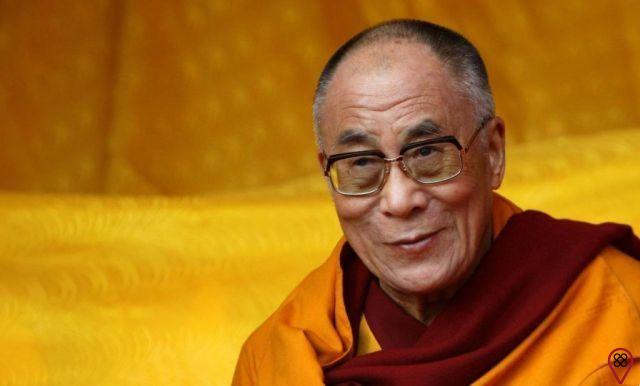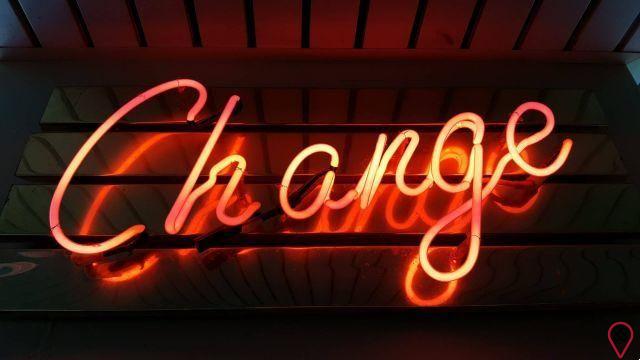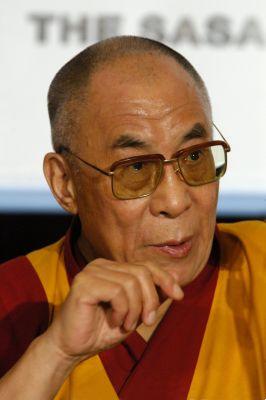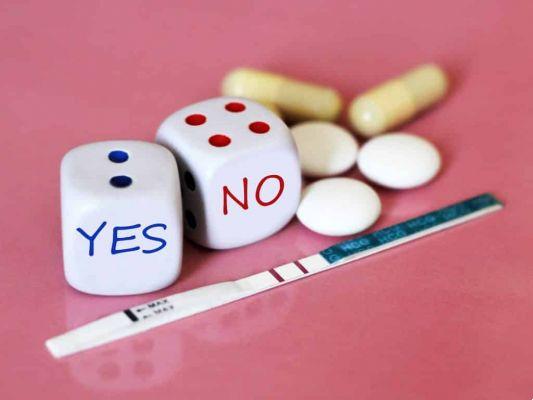Throughout human history, different beings left a message for a certain people at a certain time. We can name a few: Hermes Trismegistus, Abraham, Socrates, Siddhartha Gautama (the Buddha), Krishna, Zoroaster, Jesus Christ, Mohammed, Lao Tzu, etc. These messages lead (or should lead) to unity, love and the common good of all, not just those who take part in that message.
Over time, however, these messages were distorted to serve the selfish interests of those who wielded power and influence, and came to serve the purpose of manipulating people and keeping them in an unconscious state, far from the true message.

It is difficult to point out those responsible, but it is possible to reflect on the unconsciousness of those who misrepresented the knowledge of the masters who passed – and those who are passing through – the Earth. The creation of a religion can even be valid, if there is awareness in the transmission of the original message. But if there is no awareness, the transmission will be done in such a way as to attract followers who can be manipulated to generate wealth and power or to serve other selfish purposes. For example, if the propagated message says that only that master or guru saves, it already spoils the entire midfield...
And what can be said about more traditional religions? You must be wondering… Imagine that the core of the truth of each religion is a very bright white light, symbolizing unconditional love (if it's love, it's unconditional). To visualize this light, some colored lenses were used: one red (Christianity), one blue (Islam), one yellow (Judaism) and one green (Buddhism). Each of these lenses symbolizes a religion, and its true role would be to show the unique white light (love) behind this colored lens.
You may also like
- 7 differences between religion and spirituality!
- Why discuss religion?
- Is there the best religion?
The problem comes from the attachment we have to the color of the lens we adopt, because it ends up preventing the revelation of the real sense of truth and unity, which is one – and the same – white light. Attachment to the religion of the “I”, attachment to a single belief, which is considered to be true – this is precisely what creates separation. When one thinks that "only your saves", this extends to "only this practice is what will do", and "only this master holds the knowledge", etc.
Ask yourself:
- What does religion matter when you want to make a profit in one business at the expense of financial loss in the other?
- What does religion matter when you try to change the other to satisfy your own pleasures?
- What does religion matter when you generate hatred, suffering, anguish and anger within you?
The Dalai Lama was once asked what the best religion was, and here he answers: “The best religion is the one that makes you a better person”.

It doesn't matter which god, orixá, saint, energies or anything else you believe in... as long as it makes you recognize the love that unites everyone, and that makes you start to act to put it into practice in your daily life. And that's all that will matter.
"Instead of converting people from one organized religion to another organized religion," said SN Goenka, "we should try to convert people from suffering to happiness, from bondage to freedom, and from cruelty to compassion."

























